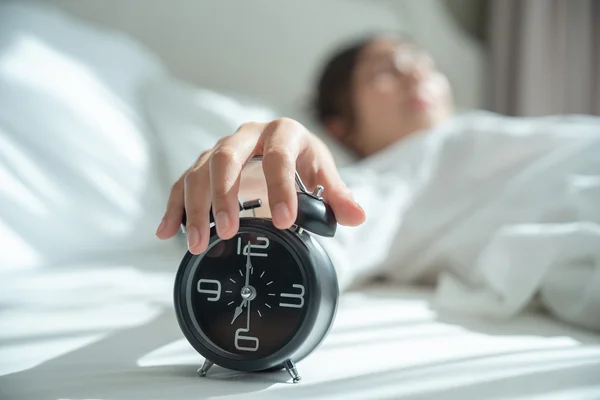
Introduction
Ever feel like no matter how much you study, your brain just switches off after a while? Instead of another cup of coffee, science says the answer might be simpler: take a nap. Far from being lazy, short sleep breaks can actually make you sharper, more focused, and ready to learn better.
Why Naps Work Like Magic
- Recharge the Brain 🧠
- A quick nap clears out mental fatigue, helping your brain process information faster.
- Boost Memory 📖
- Studies show that students who nap after studying remember more than those who stay awake.
- Improve Focus 🎯
- A 15–20 minute nap increases alertness, which means fewer careless mistakes in homework and exams.
- Reduce Stress 🌱
- Short naps lower cortisol (the stress hormone), helping you feel calmer during exam season.
The Perfect Student Nap Formula
- Timing: 15–25 minutes (longer naps can make you groggy).
- Best Time: Early afternoon (after lunch but before 4 pm).
- Setup: Quiet room, dim light, and maybe some calming background music.
- Pro Tip: Set an alarm so you don’t oversleep!
Real-Life Examples
- Athletes like Cristiano Ronaldo swear by power naps to stay at peak performance.
- Many schools in Japan and Finland actually allow “nap breaks” because of proven learning benefits.
- Even famous geniuses like Albert Einstein used short naps to recharge their creativity.
Conclusion
Napping isn’t a sign of laziness—it’s a science-backed study hack. By giving your brain short rest breaks, you can boost memory, focus better in class, and perform better in exams. So next time you feel sleepy while studying, don’t fight it—a smart nap might just help you score higher. 💤
